Press release – for immediate release
Montréal, September 16, 2021 – A recent study by the BC SPCA and external researchers has debunked a commonly held myth. While it is indeed believed that cats who are not declawed are at a higher risk of abandonment, the study shows that, in fact, declaw bans do not lead to an increase in feline abandonment or euthanasia rates in shelters. These findings further support the case for banning declawing in Quebec.
Most Canadian provinces have banned this practice since the Canadian Veterinary Medical Association (CVMA) made its position clear in 2018, strongly opposing this surgery and deeming it unethical and unacceptable. However, Quebec is one of the last provinces to still allow declawing.
Opponents of declawing bans often claim that declawed cats are less likely to be abandoned since they cause less damage to the home. This runs contrary to the Montreal SPCA’s experience, however. Every year, the Montreal SPCA receives many declawed cats with the behaviour problems associated with declawing, such as soiling outside the litter box and aggression. These issues are frequently named by owners as their reason for abandonment. Now, a peer-reviewed study confirms our anecdotal observations that cats with claws are not at greater risk of abandonment or euthanasia.
Peer-reviewed study draws on data from 75,000 cats
Conducted to determine whether the declaw ban in British Colombia resulted in an increase of cat abandonment or euthanasia, the study analyzed six years of data (three years before and three years after the BC ban) from most of the province’s animal shelters. By analyzing the files of 74,587 cats, the study found:
- no significant difference in surrenders for destructive scratching (only 50 cats were abandoned for this reason in 6 years, making damage to the home an exceedingly rare cause of surrender);
- a decrease in the number of cats entering the shelter and being euthanized;
- cats’ shelter stays were shorter after the ban.
Time to ban declawing in Quebec
“Quebec is one of the last provinces in Canada to still allow the declawing of cats,” says Sophie Gaillard, Director of Animal Advocacy and Legal Affairs at the Montreal SPCA. “Since the provincial ministry (MAPAQ) is currently reviewing its animal welfare regulations, a ban on declawing in our province would be a logical next step, particularly in light of these new findings. The Montreal SPCA feels this review is an obvious opportunity for the MAPAQ to ban this practice in Quebec without further delay.”
Declawing or amputation
The term “declawing” is misleading, as the surgery consists of amputating the third phalanx of each of a cat’s toes. In fact, the CVMA does not refer to this procedure as “declawing,” but rather as “partial digital amputation.” In human terms, this would be the equivalent of having the last knuckle removed from all ten fingers. The procedure can cause chronic pain and have long-term negative orthopedic and neuropathic consequences, including permanent nerve damage to the paws, difficulty walking, paw hypersensitivity, and lower back pain, regardless of the age at which it is performed.
Deprived of their main defense mechanism, as well as of the possibility of expressing several natural behaviours, such as climbing and perching in high places, declawed cats are more likely to develop behavioural problems than cats who have not undergone the surgery. Indeed, several studies indicate that declawing is a significant risk factor in the development of both litter box problems and aggression.
-30-
Source: Montreal SPCA
Media contact: Anita Kapuscinska, Senior Consultant, Corporate Development and Media Relations, Montréal SPCA, 514-656-2760, anitak@spca.com.
About the Montreal SPCA – Founded in 1869, the Society for the Prevention of Cruelty to Animals (now known simply as the Montreal SPCA) was the first animal-welfare organization in Canada. Today, the Montreal SPCA is the largest animal protection organization in Quebec, speaking on behalf of animals wherever there is ignorance, cruelty, exploitation, or neglect.







